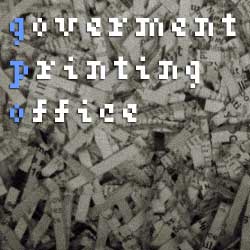 Earlier this week, a panel of Ninth Circuit judges held in Diaz v. Brewer that an Arizona bill withdrawing health benefits for domestic partners of state employees violated the federal Constitution’s Equal Protection Clause.
Earlier this week, a panel of Ninth Circuit judges held in Diaz v. Brewer that an Arizona bill withdrawing health benefits for domestic partners of state employees violated the federal Constitution’s Equal Protection Clause.
The state originally offered these benefits to spouses of state employees, but in April 2008 expanded coverage to include both same-sex and different-sex domestic partners. In September 2009, Arizona governor Jan Brewer signed into law a bill that restricted benefits once again only to (different-sex) spouses. Several state employees whose same-sex partners would lose their much-needed health benefits if the bill went into effect brought this suit to enjoin the governor and relevant state officials from implementing the new law. Represented by Lambda Legal—the largest legal organization working for the civil rights of LGBT people—the employees challenged the law as violating the U.S. Constitution’s guarantee of equal protection under the law.

 As readers of this blog, you probably already know that we at Justia are big fans of universal citation. With that said, I wanted to give you all a heads up that
As readers of this blog, you probably already know that we at Justia are big fans of universal citation. With that said, I wanted to give you all a heads up that 
 As
As 
 The
The 

 It’s a bad week for government documents.
It’s a bad week for government documents.